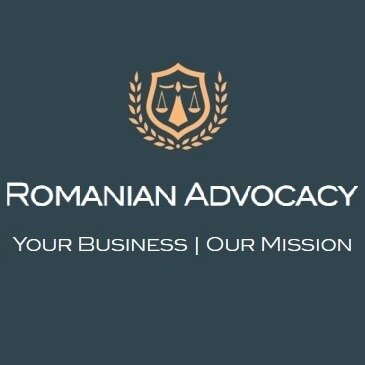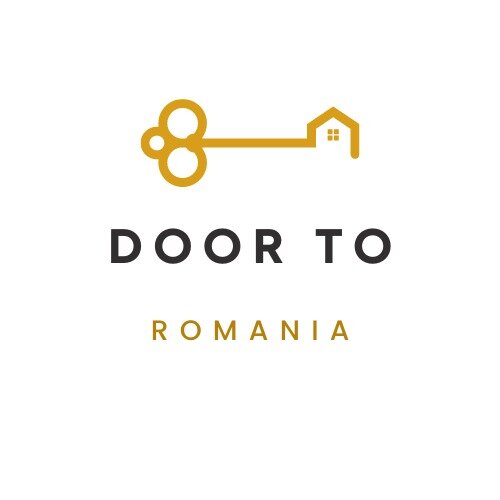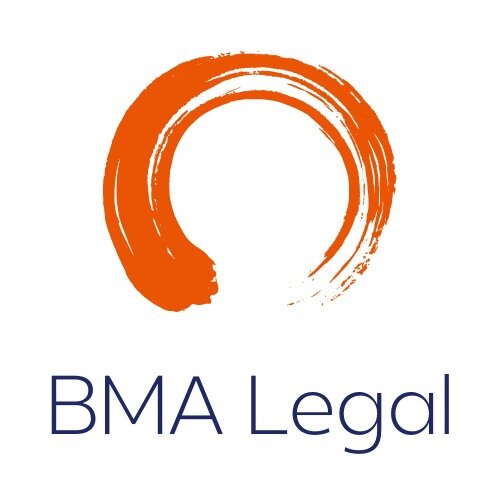Best Immigration Lawyers in Romania
Share your needs with us, get contacted by law firms.
Free. Takes 2 min.
Or refine your search by selecting a city:
List of the best lawyers in Romania
About Immigration Law in Romania
Immigration law in Romania governs the entry, stay, and exit of foreign nationals. It includes policies and regulations set forth by governmental bodies to manage the flow of immigrants, offering pathways for work, education, integration, and protection. Romania, as part of the European Union, aligns its immigration policies in accordance with EU directives while also maintaining its national sovereignty on immigration matters such as visas, residency permits, and citizenship applications.
Why You May Need a Lawyer
Engaging a lawyer experienced in immigration law can be crucial in several situations. Common circumstances include applying for a visa or residence permit, facing deportation, seeking asylum, or dealing with family reunification matters. Lawyers can also aid in navigating complex bureaucratic processes, appealing denied applications, and understanding intricate legal requirements. Legal assistance ensures compliance with local laws and enhances the chances of successful immigration outcomes.
Local Laws Overview
Romanian immigration laws are codified primarily in the Emergency Ordinance no. 194/2002 on the regime of aliens in Romania. Key aspects include visa requirements for short and long-term stays, residency permits, work permits, and family reunion regulations. Additionally, laws concerning the imperatives for sponsoring foreign workers, studying in Romania, and obtaining Romanian citizenship are crucial for immigrants to understand. In line with EU mandates, freedom of movement for EU citizens is respected, though non-EU citizens face stricter controls.
Frequently Asked Questions
What types of visas are available for Romania?
Several types of visas are available including short-stay (Type C) visas for visits up to 90 days, long-stay (Type D) visas for work or study, and transit (Type B) visas.
How can I apply for a work permit in Romania?
To apply for a work permit, you need a job offer from a Romanian employer, who must secure the permit on your behalf. Different work permits exist depending on the type of employment you seek.
What is the process for acquiring Romanian citizenship?
Romanian citizenship can be obtained through birth, adoption, renunciation, or naturalization. Requirements include legal residence, mastering the Romanian language, and an understanding of Romanian culture and laws.
Can my family join me if I have a Romanian residency permit?
Yes, family reunification is possible under certain conditions. Your family members must apply for residency permits, and you need to demonstrate adequate financial and housing capabilities.
What should I do if my visa application is denied?
If your visa application is denied, you have the right to appeal the decision. An attorney can help present a compelling case for reconsideration.
Are EU citizens treated differently from non-EU citizens?
Yes, EU citizens benefit from free movement rights and simpler residency requirements. Non-EU citizens face more stringent visa and residency processes.
What are the penalties for overstaying a visa in Romania?
Overstaying can result in fines, deportation, or future bans on entering Romania or other Schengen countries.
How do I apply for asylum in Romania?
Asylum seekers must submit an application to the Romanian immigration authorities upon entering the country. Legal aid can be crucial in navigating the asylum process.
Can I study in Romania as an international student?
Yes, international students can apply for a long-stay visa for studies. Acceptance to a recognized educational institution is required.
What is the Schengen Zone and how does it affect entry into Romania?
Romania is not yet a Schengen Area country, but it observes similar regulations for external border checks and visa policies. Entry into Romania does not guarantee access to other Schengen countries.
Additional Resources
For those seeking further information, the following resources can be indispensable:
- Romanian General Inspectorate for Immigration: Provides updated information on immigration policies and application procedures.
- Ministry of Internal Affairs: Manages visa, residence, and citizenship queries.
- The European Union’s immigration guidelines: Offers insights on regulations affecting EU and non-EU nationals.
- Non-governmental Organizations (NGOs) specializing in migrant assistance and legal aid.
Next Steps
If you need legal assistance, consider these steps:
- Consult with a specialized immigration lawyer to evaluate your situation.
- Gather all necessary documentation pertinent to your case.
- Prepare questions and relevant information for your initial legal consultation.
- Explore online directories or local bar associations to find accredited lawyers in Romania.
- Engage with community groups or support networks for recommendations and shared experiences.
Taking these steps will help ensure your immigration matters are handled effectively and in compliance with Romanian law.
Lawzana helps you find the best lawyers and law firms in Romania through a curated and pre-screened list of qualified legal professionals. Our platform offers rankings and detailed profiles of attorneys and law firms, allowing you to compare based on practice areas, including Immigration, experience, and client feedback.
Each profile includes a description of the firm's areas of practice, client reviews, team members and partners, year of establishment, spoken languages, office locations, contact information, social media presence, and any published articles or resources. Most firms on our platform speak English and are experienced in both local and international legal matters.
Get a quote from top-rated law firms in Romania — quickly, securely, and without unnecessary hassle.
Disclaimer:
The information provided on this page is for general informational purposes only and does not constitute legal advice. While we strive to ensure the accuracy and relevance of the content, legal information may change over time, and interpretations of the law can vary. You should always consult with a qualified legal professional for advice specific to your situation.
We disclaim all liability for actions taken or not taken based on the content of this page. If you believe any information is incorrect or outdated, please contact us, and we will review and update it where appropriate.
Browse immigration law firms by service in Romania
Romania Attorneys in related practice areas.
Browse immigration law firms by city in Romania
Refine your search by selecting a city.

















